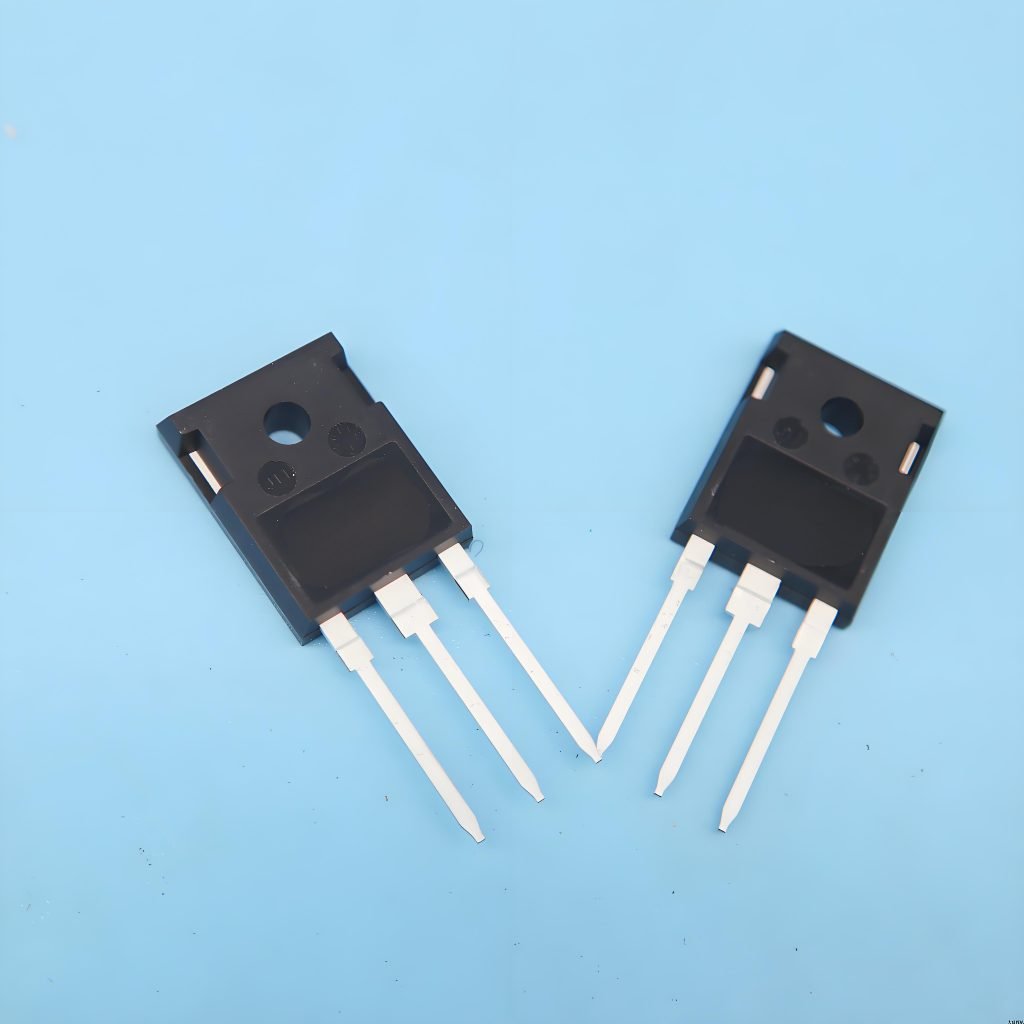You’ve probably wondered about the properties of zinc, a versatile metal used in various applications. One common question is whether zinc is magnetic. To answer this, let’s dive into the world of metals and their magnetic properties.

Zinc’s atomic structure is key to understanding its behavior in magnetic fields. With its electrons paired, zinc doesn’t exhibit magnetism like some other metals. This characteristic makes it useful in specific industrial applications.
As we explore the fascinating world of zinc, you’ll learn about its non-magnetic nature and how it compares to other metals. Understanding zinc’s properties is crucial for engineers and manufacturers working with this metal.
Understanding Magnetism Basics
Understanding the principles of magnetism is crucial for determining how materials like zinc interact with magnetic fields. You will discover that magnetism is not a simple property but rather a complex phenomenon influenced by the behavior of electrons within materials.
Types of Magnetic Behavior
Magnetism can be categorized into three main types: Ferromagnetic, Diamagnetic, and Paramagnetic. Ferromagnetic metals, like iron, are highly magnetic. Diamagnetic materials, which include zinc, are slightly repelled by a magnetic field. Paramagnetic metals are weakly attracted to a magnetic field due to the alignment of their atoms with the field.
What Makes a Material Magnetic?
A material’s magnetic properties are determined by the arrangement of electrons within its atoms and the presence of unpaired electrons. For a material to be magnetic, it needs unpaired electrons. The way these electrons are arranged and how they face magnetic fields determines the material’s magnetic behavior. This understanding is key to explaining why certain metals are strongly magnetic while others, like zinc, are not.
Is Zinc Magnetic?
Zinc is not magnetic; it’s classified as a diamagnetic material. This means it doesn’t attract to magnets like iron or nickel do.
Diamagnetic Properties
Zinc’s diamagnetic properties cause it to weakly repel against strong magnetic fields. This repulsion is due to the material’s inherent opposition to magnetic fields. When exposed to a strong magnet, zinc will exhibit a minimal repulsive force, distinguishing it from both magnetic attraction and complete non-interaction.
Testing Zinc’s Reaction to Magnets
You can test zinc’s magnetic properties using a powerful magnet. When you bring the magnet close to zinc, you’ll observe a weak repulsive force. This reaction is different from the strong attraction seen with magnetic materials. The diamagnetic nature of zinc is crucial for applications where magnetic properties are important design considerations.
The Science Behind Zinc’s Non-Magnetic Nature
The non-magnetic nature of zinc can be attributed to its unique electron configuration. To understand this, we need to examine the atomic structure of zinc and how its electrons are arranged.
Zinc’s Electron Configuration
Zinc’s electron configuration is [Ar]3d¹⁰4s². This means that the outermost energy level of zinc is completely filled, with no unpaired electrons. The 3d orbital is fully occupied with 10 electrons, and the 4s orbital has 2 electrons. This configuration is crucial in determining zinc’s magnetic properties.
How Electron Arrangement Affects Magnetism
The arrangement of electrons in an atom determines its magnetic properties. In zinc, the completely filled 3d orbital results in no net magnetic moment. Unpaired electrons in an atom can create a magnetic field, but in zinc, all electrons are paired, resulting in no magnetic behavior. This is in contrast to magnetic metals like iron, which have unpaired electrons that contribute to their magnetic properties.
Factors That Make Zinc Non-Magnetic

Understanding why zinc is non-magnetic requires a look into its atomic makeup and how it interacts with magnetic fields. You might wonder what makes zinc different from metals that are attracted to magnets. The answer lies in its atomic structure and electron configuration.
Atomic Structure and Unpaired Electrons
Zinc’s atomic structure is crucial in determining its magnetic properties. The absence of unpaired electrons in zinc’s 3d orbital is the primary reason it doesn’t exhibit magnetism. In metals, unpaired electrons are essential for creating a magnetic moment, which is necessary for magnetism. Since zinc’s electrons are paired, it doesn’t have a net magnetic moment, making it non-magnetic.
Comparing Zinc to Magnetic Metals
Comparing zinc to ferromagnetic metals like iron, nickel, and cobalt highlights the differences in their atomic structures. These metals have unpaired electrons, which allow them to form aligned magnetic regions or domains, a characteristic of ferromagnetic materials. In contrast, zinc lacks this ability due to its paired electrons, resulting in its diamagnetic behavior, where it’s weakly repelled by magnetic fields. This comparison underscores the unique position of zinc among metals in terms of magnetic properties.
Zinc’s Behavior in Magnetic Fields
The behavior of zinc in magnetic fields is characterized by a weak repulsion effect. When zinc is placed close to strong magnetic fields, it exhibits diamagnetic properties, resulting in a light repulsive force. This effect is much weaker than the ferromagnetic attraction observed in materials like iron.
How Zinc Reacts to External Magnetic Fields
When exposed to external magnetic fields, zinc develops a weak opposing magnetic field due to its diamagnetic properties. This results in a repulsive force that is significantly weaker than the attractive forces experienced by ferromagnetic materials. The repulsion effect is a consequence of the alignment of electrons in zinc, which generates a magnetic field that opposes the external field.
Eddy Currents and Zinc
When zinc moves through a variable magnetic field, it generates electrical currents known as eddy currents. These currents are a result of the changing magnetic flux through the zinc material. Eddy currents have practical applications in various industries, including electromagnetic braking and non-destructive testing. Understanding how zinc behaves in magnetic fields and how it produces eddy currents is crucial for designing and optimizing applications that involve zinc components in electromagnetic environments.
Magnetic Properties of Zinc Alloys
Zinc, when alloyed with ferromagnetic materials, can display magnetic properties not seen in its pure form. This change occurs because the addition of certain metals can alter the electron configuration of the resulting alloy, potentially introducing unpaired electrons that contribute to magnetic behavior.
Changes in Magnetic Properties Through Alloying
When zinc is alloyed with metals like iron, which is ferromagnetic, the resulting alloy can exhibit magnetic properties due to the presence of iron atoms. The proportion of zinc to the other metal in the alloy plays a crucial role in determining the alloy’s overall magnetic behavior. For instance, the alloy ZrZn2, made from zirconium and zinc, exhibits ferromagnetism at temperatures below 35 K, despite neither zinc nor zirconium being ferromagnetic on their own.
Examples of Zinc Alloys and Their Magnetic Behavior
Different zinc alloys display a range of magnetic behaviors based on their composition. For example, alloys containing iron or other ferromagnetic metals tend to be more magnetically responsive. Understanding the magnetic properties of these alloys is essential for selecting materials in applications where controlled magnetic response is required. This knowledge helps explain why some zinc-containing products may exhibit unexpected magnetic behavior, despite pure zinc being non-magnetic.
Applications of Zinc as a Non-Magnetic Material

Zinc’s non-magnetic properties make it an ideal material for various applications. You will discover the wide range of practical uses where zinc’s characteristics shine. One of the primary benefits of using zinc is its ability to block electromagnetic fields, making it excellent for shielding applications in electronics and telecommunications.
Electromagnetic Shielding Applications
Zinc is often used in electrical components because it can effectively block electromagnetic fields, protecting sensitive electronic equipment from interference. Its electrical conductivity enables both wave absorption and direction changes of electromagnetic waves, making it ideal for EMI shielding. Zinc offers exceptional corrosion protection, allowing its effective utilization in extended shielding applications. Additionally, zinc provides affordable, lightweight protection against electromagnetic frequencies, outperforming copper-based shielding materials in some cases.
Industrial and Manufacturing Uses
In industrial and manufacturing contexts, zinc coatings provide both corrosion protection and electromagnetic shielding. You’ll find zinc used in laboratory equipment and precision instruments where its non-magnetic nature is advantageous. Understanding these applications helps engineers and product designers select zinc for appropriate use cases where magnetic materials would be problematic. This knowledge is particularly valuable for companies manufacturing electronic components that require effective shielding without magnetic interference.
Conclusion
In conclusion, zinc’s diamagnetic nature sets it apart from other metals. You’ve gained a comprehensive understanding of zinc’s magnetic properties and why this versatile metal is classified as diamagnetic rather than magnetic. The electron configuration of zinc, with all electrons paired, prevents it from exhibiting magnetic properties.
Zinc’s behavior in magnetic fields, including its weak repulsive response to strong magnets, is a result of its diamagnetic nature. The valuable applications of zinc’s non-magnetic properties, particularly in electromagnetic shielding and various industrial contexts, make it a fundamental material for different industries.
Understanding zinc’s properties helps you make informed decisions when selecting materials for manufacturing applications where magnetic behavior is a consideration. Whether you’re an engineer, manufacturer, or simply curious about material science, this knowledge provides valuable insight into this important industrial metal.
FAQ
What is the magnetic behavior of zinc?
Zinc is diamagnetic, meaning it is weakly repelled by a magnetic field. This is due to its electron configuration, which results in no unpaired electrons.
How does zinc react to an external magnetic field?
When exposed to an external magnetic field, zinc experiences a weak repulsive force. This is because the magnetic field induces eddy currents in the metal, generating a magnetic field that opposes the external field.
Can zinc be used for electromagnetic shielding?
Yes, zinc can be used for electromagnetic shielding due to its ability to conduct electricity and its diamagnetic properties, which help to reduce electromagnetic interference.
How does alloying zinc with other metals affect its magnetic properties?
Alloying zinc with other metals, such as iron, nickel, or cobalt, can change its magnetic properties. Some zinc alloys can become ferromagnetic, while others remain diamagnetic or exhibit different magnetic behaviors.
What are some common applications of zinc as a non-magnetic material?
Zinc is used in various industrial and manufacturing applications, including electromagnetic shielding, due to its non-magnetic properties. It is also used in the production of certain types of batteries and other devices.
How does the atomic structure of zinc contribute to its non-magnetic nature?
The atomic structure of zinc, specifically its electron configuration, results in no unpaired electrons. This lack of unpaired electrons is the primary reason zinc is diamagnetic and non-magnetic.
Can zinc be magnetized under certain conditions?
No, zinc cannot be magnetized under normal conditions due to its diamagnetic properties. However, when alloyed with certain metals, zinc can exhibit different magnetic behaviors.




